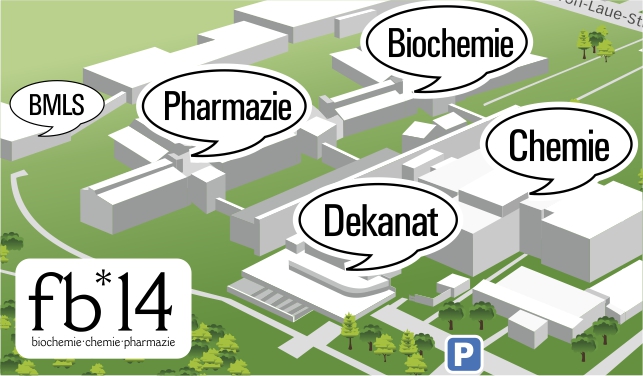Dötsch Lab

Welcome to the Dötsch Lab!
Our goal at the Dötsch Lab is to contribute to the understanding of biological structure, function and interaction at a molecular level. For this purpose, we utilize a wide range of biological, chemical and physical state-of-the-art techniques such as NMR, cell culture, cell-free protein production, genetic engineering, FPLC, high-throughput robotics, chemical labelling, and many more.
Among our main concerns are the characterization of the transcription factor p63, homolog of the famous tumor suppressor protein p53, the investigation of membrane proteins and the study of the molecular basis for autophagy.
The Dötsch Lab also takes a keen interest in the sound education of young scientists and therefore provides many high-level classes for our students.
Thank you for coming by our website. Please feel free to browse our research projects or contact us for more information.

Group Members
The Dötsch Lab currently employs around 25 scientists from various countries and academic backgrounds with a mutual interest in protein structure, function and interaction. For contact details and information about how to join the team follow the links below.

Publication Highlight
| p63 uses a switch-like mechanism to set the threshold for induction of apoptosis. Gebel J, Tuppi M, Chaikuad A, Hötte K, Schröder M, Schulz L, Löhr F, Gutfreund N, Finke F, Henrich E, Mezhyrova J, Lehnert R, Pampaloni F, Hummer G, Stelzer EHK, Knapp S, Dötsch V. Nat Chem Biol. 2020 Jul 27. doi: 10.1038/s41589-020-0600-3. Online ahead of print. PMID: 32719556 |
|
Oocyte DNA damage quality control requires consecutive interplay of CHK2 and CK1 to activate p63Tuppi M, Kehrloesser S, Coutandin DW, Rossi V, Luh LM, Strubel A, Hötte K, Hoffmeister M, Schäfer B, De Oliveira T, Greten F, Stelzer EHK, Knapp S, De Felici M, Behrends C, Klinger FG, Dötsch V. |
| Protein aggregation of the p63 transcription factor underlies severe skin fragility in AEC syndrome. Russo C, Osterburg C, Sirico A, Antonini D, Ambrosio R, Würz JM, Rinnenthal J, Ferniani M, Kehrloesser S, Schäfer B, Güntert P, Sinha S, Dötsch V, Missero C. Proc Natl Acad Sci U S A. 2018 Jan 16. pii: 201713773. doi: 10.1073/pnas.1713773115. [Epub ahead of print] PMID: 29339502 |









